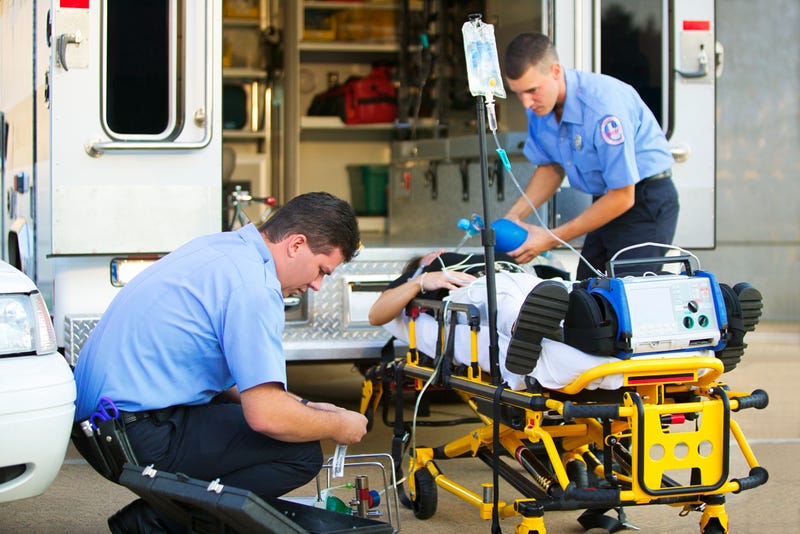
An ambulance provider for much of Tarrant County is responding to more calls about heat-related illnesses than in 2021. This year, DFW Airport hit 100 degrees for the first time on June 11; in a normal year, DFW hits 100 for the first time on July 1 and has an average of 20 days at 100 or more.
Through July 5, MedStar had responded to 376 heat-related calls. From May 1 to July 5, 2021, the organization had responded to 198 calls, an 89.9% increase.
"Quite frankly, this type of heat this early in the season has caught a lot of people off-guard," said MedStar's Matt Zavadsky.
Of those calls, 249 were taken to the hospital, 59 were in serious condition and 14 were critical. Sixty-four percent were male, 36% were female, and ages ranged from one year to 101 years old.
Also since May 1, MedStar has responded to four kids in hot cars.
"The forecast is looking pretty bleak for the next week or so, and these numbers are likely to increase," Zavadsky said.
To prevent heat exhaustion or heat stroke, Zavadsky urges people to drink water before planning to spend time outside. He says people should also wear light colored, loose fitting clothes and try to avoid going outside during the hottest time of day.
"Doing things early in the morning is excellent," he said. "We have our highest response volume for heat-related emergencies between 3 p.m. and 8 p.m. There are places in the world that have temperatures much hotter than we do. They do things at night. They play golf at night because it's safer to do that."
With an ongoing forecast of triple digit temperatures, Zavadsky urges people to learn the signs of heat exhaustion and take action when those symptoms first appear.
Symptoms of Heat Exhaustion
Symptoms of heat exhaustion include a headache, excessive sweating, cramps and feeling sick. Zavadsky said people showing signs of heat cramps or heat exhaustion should go into a cool place and drink sports drinks.
"Once someone goes into heat stroke where they have an altered level of consciousness, they are very hot and dry to the touch, those are cases where you definitely need a 911 intervention. EMS crews can come out and being rapid cooling," he said. "Those patients should get rapid cooling even before EMS arrives because the patient's vital organs cannot sustain body temperatures of 104, 105 degrees very long."
LISTEN on the Audacy App
Sign Up and Follow NewsRadio 1080 KRLD

